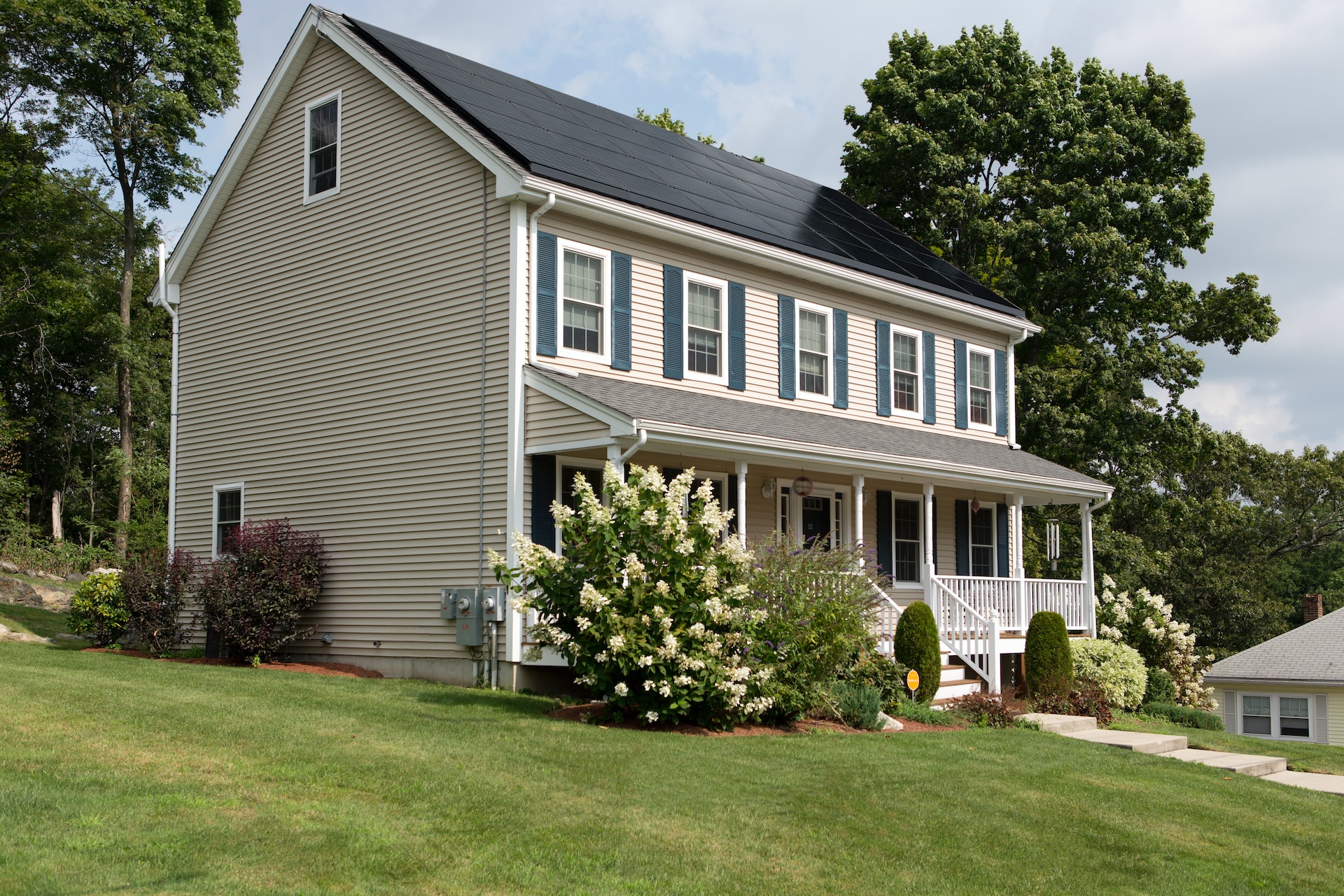As we age, our homes become increasingly important to us. They’re not just a roof over our heads or a place to store our stuff—they’re a reflection of our lives, filled with memories and laughter. That’s why it’s so important to ensure our homes are well-protected, starting with having the right home insurance.
For seniors, finding the right home insurance can be a challenge. Here are key tips and considerations for finding senior citizens’ homeowners insurance.
Types of Home Insurance Coverage for Seniors
While some types of insurance remain the same, others need to be modified to reflect new circumstances. Home insurance covers the dwelling itself, while homeowners insurance covers the dwelling and its contents.
There are three main types of home insurance coverage: dwelling, personal property, and liability.
Dwelling coverage protects your home’s physical structure from events like fire, wind, and hail. If your home is damaged or destroyed, dwelling coverage will help pay to repair or rebuild it.
Personal property coverage protects your belongings from events like fire, theft, and vandalism. If your belongings are damaged or destroyed, personal property coverage will help pay to repair or replace them.
Liability coverage protects you from being sued if someone is injured on your property. If you are found liable, liability coverage will help pay for the other person’s medical bills, lost wages, and other damages.
Top Tips for Seniors
- Install a Security System: This enhances safety and can lower your insurance premiums.
- Notify Your Insurer About Retirement: Many insurers offer discounts for retired individuals.
- Inform Insurer of Extended Absences: If you plan to travel, ensure your policy covers unoccupied periods.
- Regular Policy Reviews: Update your policy annually to reflect any changes in your circumstances or home value.
Common Discounts for Seniors’ Home Insurance
Many insurance companies offer discounts to seniors. Here are some of the most common discounts for seniors’ home insurance:
- Senior citizen discount: This is the most common type of discount for seniors. To qualify, you must be a certain age (usually 55 or older). Some companies also require that you retire or become disabled. The discount can be as high as 15% off your premiums.
- Homeowners insurance discount: If you own your home outright, you may be eligible for a discount on your home insurance premiums. This is because you have a lower risk of filing a claim than someone who is renting.
- Safety discount: Home security systems or other safety features in your home may be eligible for a discount on your premiums. This is because you have a lower risk of being burglarized or experiencing other types of damage to your home.
- Claims-free discount: If you have not filed a claim on your home insurance policy in a number of years, you may be eligible for a discount. This is because you are considered to be a lower-risk customer.
- Multiple policy discount: More than one type of insurance with the same company (e.g. auto and home insurance) may qualify you for a discount. This is because the company considers you to be a loyal customer and less likely to shop around.
Securing the right home insurance for senior citizens is about understanding your unique needs and finding a policy that offers comprehensive protection and valuable discounts. Regularly reviewing and updating your policy ensures ongoing peace of mind.



